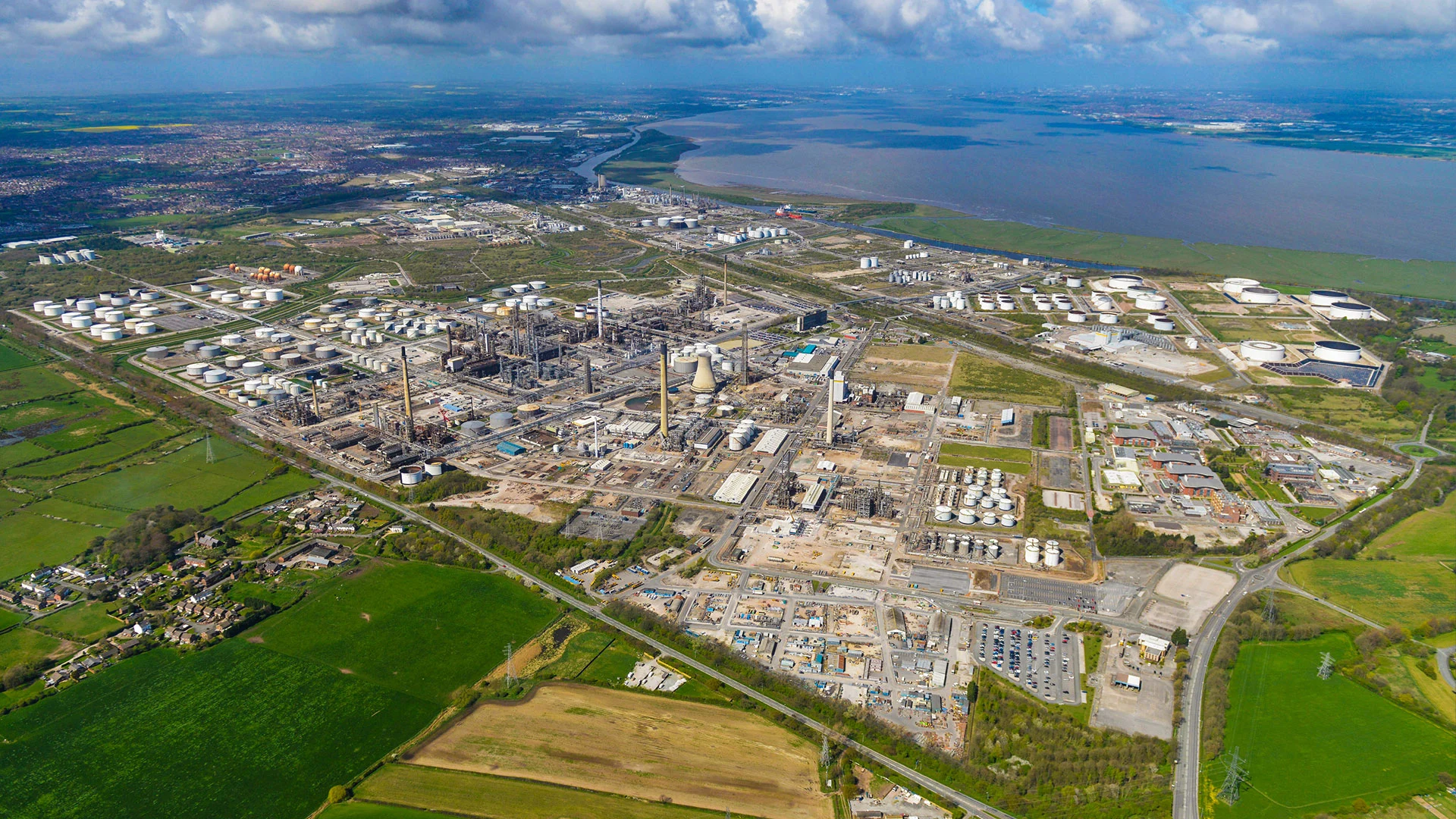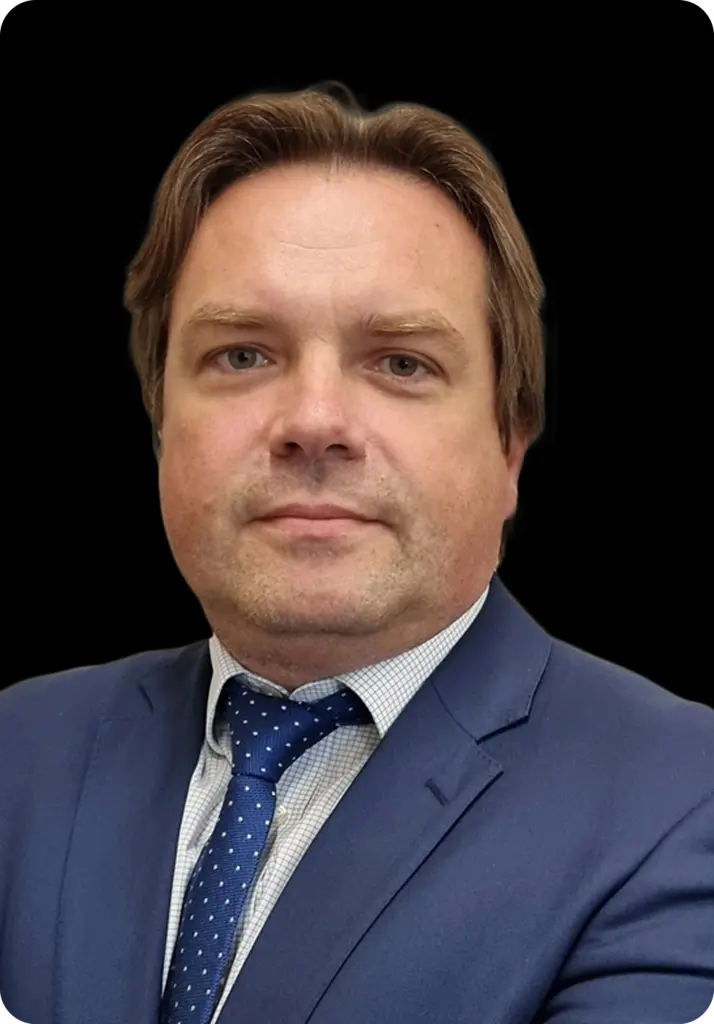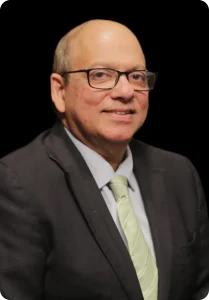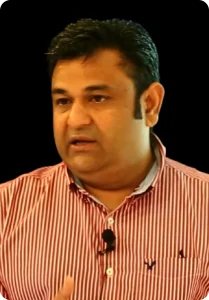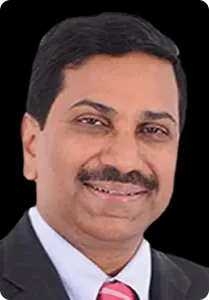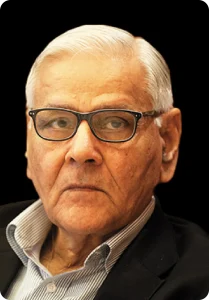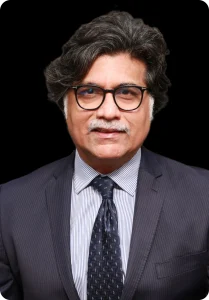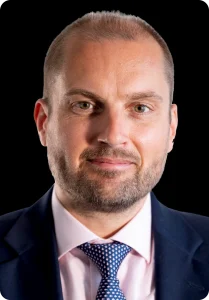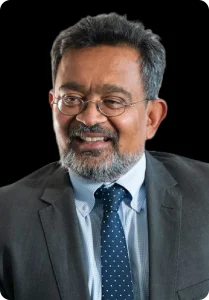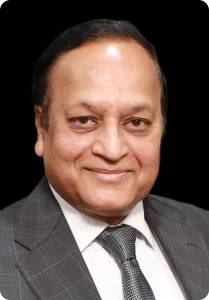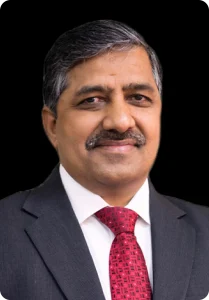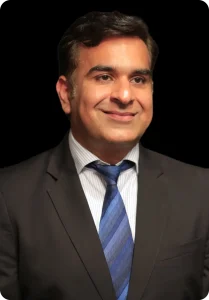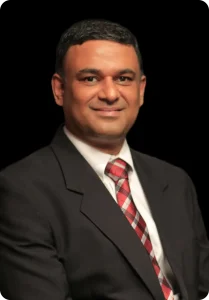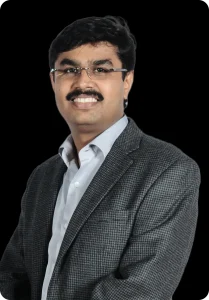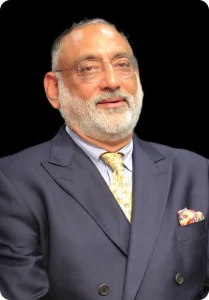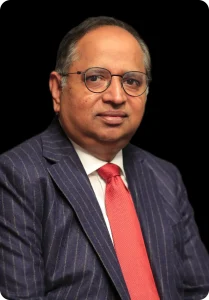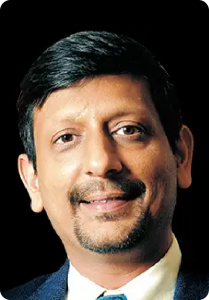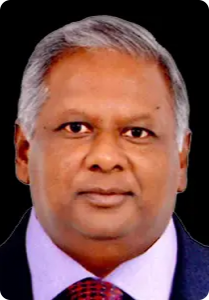- Mitsubishi Heavy Industries Ltd (MHI) selected as technology licensor for the carbon dioxide capture section of the plant, a key element of the proposed EET Industrial Carbon Capture facility at Stanlow.
- Demonstrates Essar’s commitment to meeting its ambition to become the UK’s first low carbon refinery.
- Enables progression to the front-end engineering design (“FEED”) phase of the project in Q4 2023.
6 October 2023 – eet fuels Limited (EOUK), the leading integrated downstream energy company, announces that it has completed the selection of a key licensor technology provider and signed a contract for the development of the required basic engineering design package for its new EET Industrial Carbon Capture facility based at Stanlow, UK. This is a leading use of carbon capture technology, associated with a fluid catalytic cracker within refineries globally.
Following a detailed due diligence process, technology provider MHI has been selected for the carbon dioxide capture process section of the plant. Once captured, the carbon dioxide will be permanently sequestered into depleted gas fields under the sea in Liverpool Bay, as part of the HyNet cluster in the North West of England.
Essar announced the proposed construction of the EET Industrial Carbon Capture plant at the Stanlow Refinery in November 2022. Participating in the Cluster Sequencing Track One Expansion process, the company plans for the facility to be operational in 2028, eliminating an estimated 860,000 tons of carbon dioxide per year – the equivalent of taking 400,000 cars off the road, or more than 40% of all Stanlow emissions.
The plant is a key part of Essar’s overall decarbonisation strategy, and central to its aim to meet its objective of becoming the UK’s first low carbon refinery. The company is investing $1.2 billion over the next five years to lower emissions through decarbonising its production processes, putting it at the forefront of the UK’s energy transition and securing the refinery’s vital role ongoing role in UK energy security and resilience.
Essar will achieve its decarbonisations targets through a combination of incremental transformational projects, including energy efficiency and EET Industrial Carbon Capture and, as a result of the significant investments it is making into hydrogen and biofuels, via Essar Energy Transition (EET). Ultimately, the company expects to achieve a 75% reduction in emissions by 2030 and be net zero by 2040.
The selection of MHI follows the completion of the pre-FEED phase for EET Industrial Carbon Capture which was delivered by Kent plc earlier this year. Currently being tendered, the FEED phase of the project will begin in Q4 2023.
Deepak Maheshwari, CEO of eet fuels, said: “With the selection of this key technology partner, we are ready to move into the next phase of EET Industrial Carbon Capture. This large-scale facility is an essential element of our overall ambition to become the UK’s first low carbon refinery, essentially future proofing this key industrial site, protecting jobs and ensuring we continue to play our vital role in the regional and national economy. MHI has the technology, expertise and proven experience to help us deliver this decarbonisation project and we look forward to working with them.”
Kenji Terasawa, CEO and Head of Engineering Solutions at MHI, said: “Essar has huge ambitions to lead the overall decarbonisation of the North West. EET Industrial Carbon Capture at Stanlow is a significant project which will not only bring considerable benefits to the refinery, but will also make a material contribution to the UK’s overall net zero ambitions. We are delighted they have selected us to work with them – this is testament to our world leading carbon capture technology and our proven experience in delivering on large scale complex engineering projects.”
ENDS
Media contacts
Michelle Lewis, Corporate Affairs Director, Essar:
michelle.lewis@essaroil.co.uk / 07805 854169
Peter Ogden, Powerscourt:
peter.ogden@powerscourt-group.com / 07793 858211
NOTES TO EDITORS
About Essar in the UK
Essar Oil (UK) Ltd is committed to playing a key role in the decarbonisation of the UK economy, with ambitious plans to build an energy transition cluster in the North West of England.
Essar Oil (UK) is transforming for tomorrow and is committed to becoming the UK’s first low-carbon refinery at the heart of HyNet, the UK’s leading industrial decarbonisation cluster. It is investing $1.2 billion over the next five years to decarbonise its operations and targeting a 75% cut in emissions by 2030 and to be net zero by 2040 through three phases: energy efficiency, carbon capture and fuel switching.
As a strategic national asset, its Stanlow Manufacturing Complex is one of the most advanced refineries in Europe and is situated close to the major cities of Liverpool, Manchester and Birmingham. The company provides around 1,500 highly skilled jobs and produces over 16% of the UK’s road transport fuels, while playing a key role in Britain’s broader petrochemical industry.
With a growing forecourt network and increasing brand presence across the country, its retail business is transforming with a fresh, new purpose: ‘Driving Community Convenience’ – focused on serving the convenience needs of the local communities where our sites are a hub.
The company supplies the North West and beyond, with customers including most of the major retail brands operated by international oil companies and supermarkets, Manchester Airport, leading commercial airlines and the region’s trains and buses.
About MHI
Mitsubishi Heavy Industries (MHI) Group is one of the world’s leading industrial groups, spanning energy, smart infrastructure, industrial machinery, aerospace and defense. MHI Group combines cutting-edge technology with deep experience to deliver innovative, integrated solutions that help to realize a carbon neutral world, improve the quality of life and ensure a safer world.
As a pioneer in carbon capture technology, MHI has been developing the KM CDR Process™ (Kansai Mitsubishi Carbon Dioxide Recovery Process) and Advanced KM CDR Process™ in collaboration with Kansai Electric Power since 1990. As of October 2023, the company has delivered 15 plants adopting the KM CDR Process™, and three more are currently under construction.

